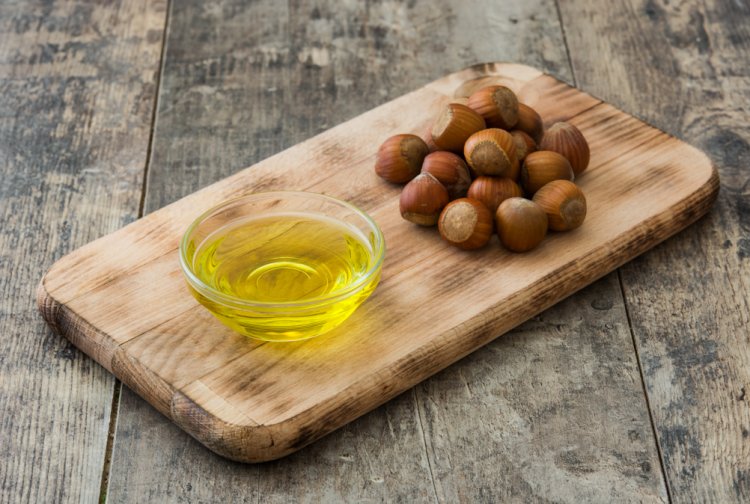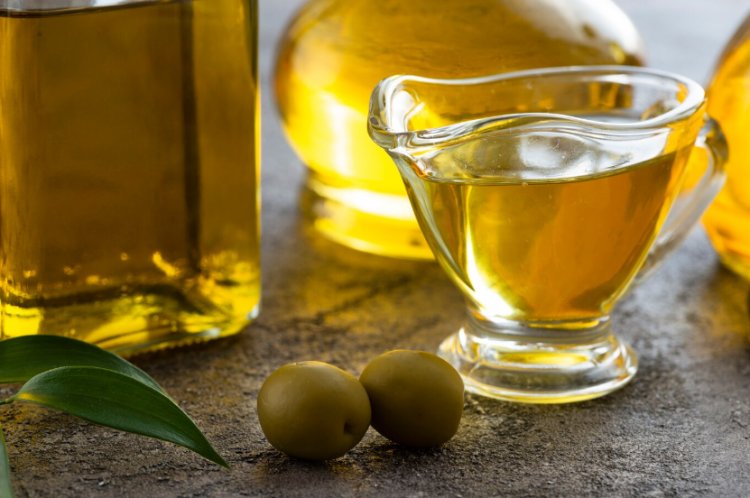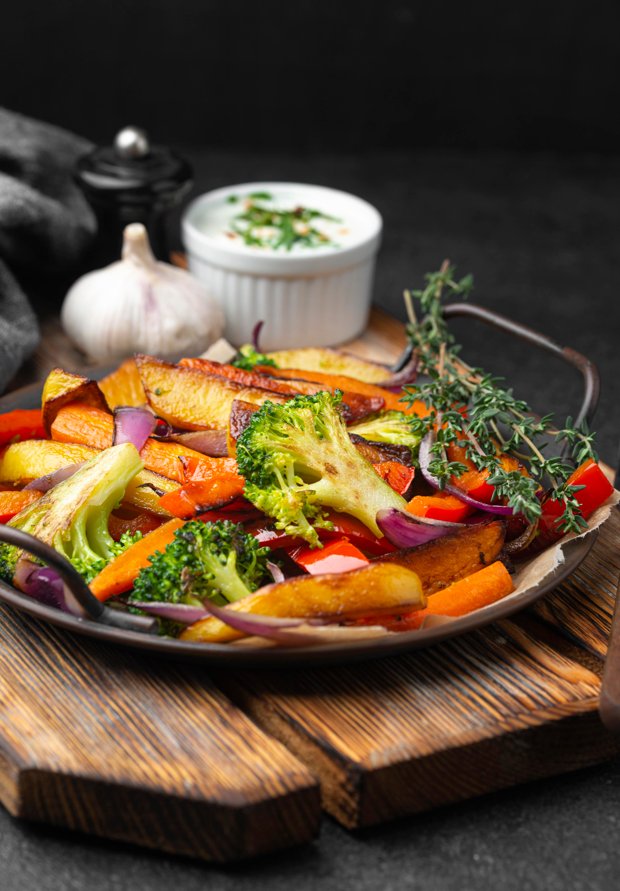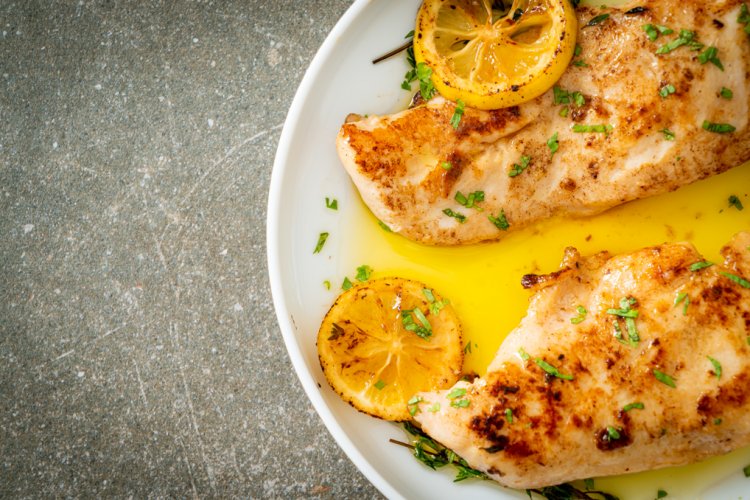Hazelnut Oil vs Olive Oil: Exploring the Unique Qualities
Olive oil has long been celebrated for its exceptional qualities, but have you ever considered venturing into the realm of hazelnut oil? In this article, we'll delve into the distinctive flavors and potential benefits that hazelnut oil offers, comparing it to the well-established olive oil. Let's embark on this flavorful journey!

Flavors and Characteristics
Hazelnut Oil
Hazelnut oil boasts a rich, nutty flavor that can add a delightful twist to your culinary creations. It is extracted from hazelnuts through a meticulous process, offering a unique taste profile that stands out.
Olive Oil

On the other hand, olive oil is derived from pressing olives and is renowned for its fruity taste, which varies in intensity depending on the type—be it extra virgin, regular, or virgin.
Cooking Applications
Hazelnut Oil
Hazelnut oil shines in baking delectable desserts like hazelnut cookies, chocolate-hazelnut cakes, and homemade granola. It also enhances salad dressings, roasted vegetables, and certain cheeses with its nutty essence.
Olive Oil
Olive oil, especially extra virgin, is perfect for drizzling over roasted vegetables, tossing with pasta, or using as a finishing touch to elevate dishes. It's also great for making lemon olive oil cakes or banana bread.
Smoke Point and Cooking Methods
Hazelnut oil boasts a higher smoke point compared to olive oil, making it ideal for high-heat cooking like grilling or searing meat and fish. Olive oil, while excellent for low to medium heat cooking, may lose flavor or produce harmful compounds at higher temperatures.
Nutrition Profile
Hazelnut oil is rich in vitamin E and contains a higher concentration of monounsaturated fats compared to olive oil. On the other hand, olive oil is known for its heart-healthy oleic acid content and is also a good source of monounsaturated fats.
Embracing Versatility
While olive oil remains a staple in kitchens worldwide, hazelnut oil offers a unique flavor profile and cooking versatility, especially in high-heat applications. Consider incorporating both oils into your culinary repertoire to enjoy the best of both worlds.
FAQs
Can hazelnut oil be substituted for olive oil? Yes, hazelnut oil can be a flavorful substitute for olive oil in certain recipes, although the taste profile will vary.
Is hazelnut oil healthy? Hazelnut oil is considered healthy due to its vitamin E content and higher concentration of monounsaturated fats.
What is hazelnut oil good for cooking? Hazelnut oil is excellent for baking desserts, enhancing salad dressings, and adding a nutty twist to various dishes.
By exploring the unique qualities of hazelnut oil alongside the beloved olive oil, you can elevate your culinary experiences and create delightful dishes that tantalize the taste buds.
Here are two delicious recipes using hazelnut oil for cooking and olive oil for the sauce:
Recipe 1: Hazelnut Oil Roasted Vegetables with Olive Oil Herb Sauce

Ingredients:
- Assorted vegetables (e.g., carrots, bell peppers, zucchini, cherry tomatoes)
- 2 tablespoons hazelnut oil
- Salt and pepper to taste
Olive Oil Herb Sauce:
- 1/4 cup extra virgin olive oil
- 2 cloves garlic, minced
- 1 tablespoon fresh herbs (such as parsley, thyme, or basil), chopped
- Salt and pepper to taste
Instructions:
- Preheat your oven to 400°F (200°C).
- Wash and chop the vegetables into bite-sized pieces.
- Place the vegetables on a baking sheet, drizzle with hazelnut oil, and season with salt and pepper. Toss to coat evenly.
- Roast the vegetables in the preheated oven for 20-25 minutes or until they are tender and slightly caramelized.
- While the vegetables are roasting, prepare the olive oil herb sauce. In a small saucepan, heat the extra virgin olive oil over medium heat.
- Add minced garlic to the heated oil and sauté until fragrant, about 1-2 minutes.
- Remove the saucepan from heat and stir in the chopped fresh herbs. Season with salt and pepper to taste.
- Once the vegetables are done roasting, drizzle the olive oil herb sauce over them and gently toss to coat.
- Serve the roasted vegetables with the flavorful olive oil herb sauce as a delicious side dish or light main course.
Recipe 2: Hazelnut Oil and Lemon Chicken with Olive Oil Garlic Sauce

Ingredients:
- 4 boneless, skinless chicken breasts
- 2 tablespoons hazelnut oil
- Juice of 1 lemon
- Salt and pepper to taste
Olive Oil Garlic Sauce:
- 1/4 cup extra virgin olive oil
- 3 cloves garlic, minced
- 1 tablespoon fresh lemon juice
- Salt and pepper to taste
- Chopped fresh parsley for garnish
Instructions:
- Preheat your oven to 375°F (190°C).
- Season the chicken breasts with salt, pepper, and lemon juice. Let them marinate for about 15-20 minutes.
- In a skillet over medium-high heat, heat hazelnut oil. Add the marinated chicken breasts and cook until golden brown on both sides, about 3-4 minutes per side.
- Transfer the browned chicken breasts to a baking dish and bake in the preheated oven for 20-25 minutes or until cooked through.
- While the chicken is baking, prepare the olive oil garlic sauce. In the same skillet used for cooking the chicken, heat extra virgin olive oil over medium heat.
- Add minced garlic to the heated oil and sauté until golden and fragrant, about 1-2 minutes.
- Remove the skillet from heat and stir in fresh lemon juice. Season the sauce with salt and pepper to taste.
- Once the chicken is cooked, remove it from the oven and drizzle the olive oil garlic sauce over the chicken breasts.
- Garnish with chopped fresh parsley and serve the hazelnut oil and lemon chicken with the flavorful olive oil garlic sauce.
These recipes showcase the unique flavors of hazelnut oil and olive oil, creating delicious dishes that are sure to impress. Enjoy your culinary creations!
The combination of hazelnut oil and olive oil in cooking can elevate dishes to new heights when used in the right place and at the right time. Hazelnut oil's rich, nutty flavor adds depth to roasted vegetables, baked goods, and savory dishes, especially when subjected to high-heat cooking methods. On the other hand, olive oil, with its fruity notes and versatility, shines in drizzling over salads, finishing dishes, and creating flavorful sauces.
By understanding the strengths of each oil and incorporating them judiciously, you can create culinary masterpieces that delight the palate and showcase the diverse range of flavors these oils offer. Whether it's a hazelnut oil-infused roasted vegetable medley or a lemon chicken adorned with an olive oil garlic sauce, embracing the best of both oils adds nuance and complexity to your cooking repertoire.
#CookingWithOils #FlavorfulDishes #CulinaryDelights #NuttyFlavors #FruityNotes #GourmetCooking #FoodieFavorites #ChefCreations #DeliciousDishes #CulinaryMasterpieces #ElevateYourCooking #SavorySauces #HealthyEating #CookingTips #FoodInspiration
What's Your Reaction?





















